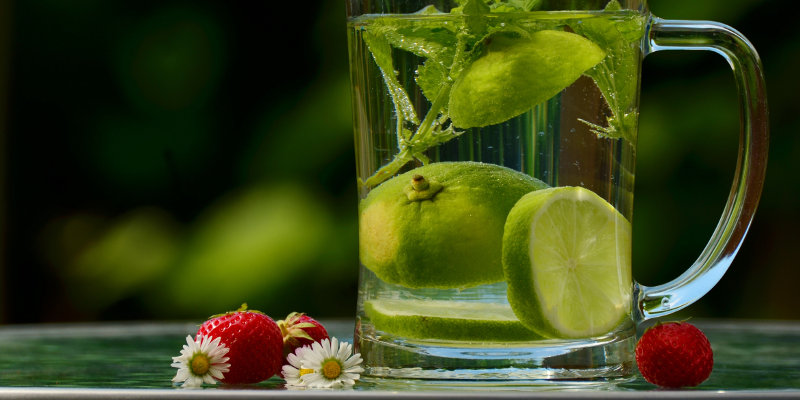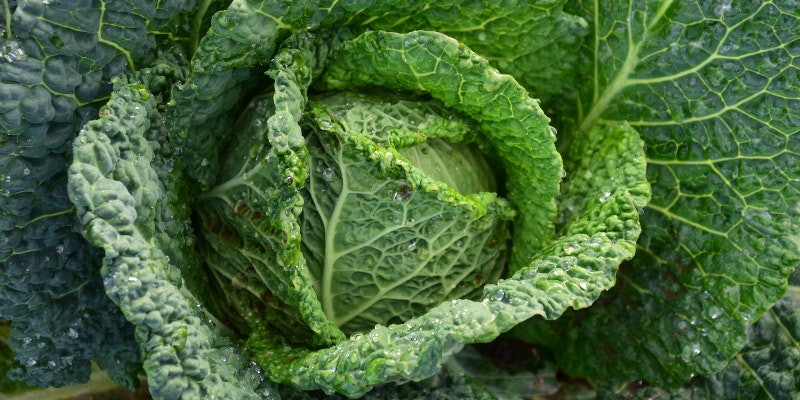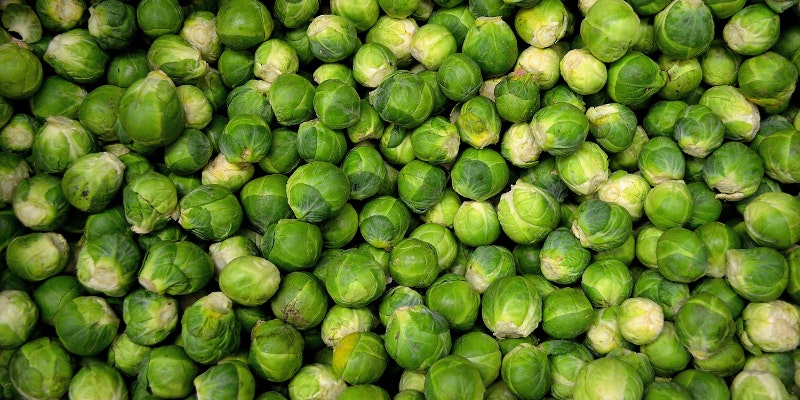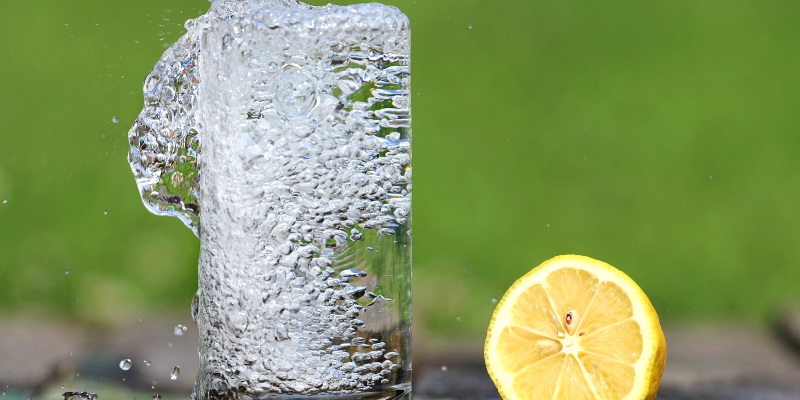The pros and cons of a low residue diet
In my role as a qualified Nutritionist, I have attended many lectures, seminars, conferences and now webinars on diet. And I have examined dietary guidelines and trends from many different...

In today’s society we are exposed to more toxic chemicals than our predecessors. Unfortunately air, water and food can now all be sources of toxic exposure. We also generate toxins within the body as a result of normal metabolic processes. For greatest wellbeing, it is therefore important that detoxification capacity meets or exceeds toxic exposure or ingestion.
The health focus for ostomates is generally on either the digestive or urinary systems, with good reason. These are the parts of the body that are usually impacted as a result of stomal surgery. Often there is little emphasis placed on the health and function of organs outside of these systems, unless there is a direct need. However, when it comes to the health of ostomates generally, it can be beneficial to consider other organs and aspects of the body as well.
The liver is the largest organ of the body after the skin, and performs many functions. One of the main functions that comes to mind when we think of the liver is detoxification, and rightly so. The liver is one of the major detoxifying organs of the body, along with the skin, lungs and the urinary and digestive systems.
In the process of detoxification, the liver alters chemicals, foreign molecules and internal compounds to make them less active or less toxic. Alcohol, medications and hormones are all metabolised or detoxified in this way. This prevents excessive accumulation of these substances in the body and potential adverse effects.
The liver is a very metabolically active organ, meaning that it performs hundreds of functions every day, and it requires a lot of nutrition to perform these functions. An ample and varied diet is therefore very important for healthy functioning of the liver.
The most important nutrients for effective liver detoxification are B vitamins and amino acids, as well as some minerals. The highest food sources of B vitamins are considered to be whole grains, meat, fish, liver, dairy products, eggs, green leafy vegetables, nuts and seeds. Amino acids are sourced from protein foods such as meat, fish, eggs, dairy foods, nuts, seeds and legumes as well as many grains and vegetables.
Many vegetables also contain specific plant chemicals that are very supportive of liver detoxification. Broccoli, cauliflower, Brussel sprouts, cabbage and kale are considered good sources of these beneficial substances. If many of the above foods cannot be eaten regularly or in sufficient quantities, then liver detoxification processes may be affected.

Indications that your liver is not functioning optimally, and therefore not able to rid your body of toxins adequately, include:
The digestive system supports detoxification by excreting the substances that the body no longer wants or cannot use. Regular bowel motions that rid the body of waste are therefore important for good detoxification. The intestinal tract is designed to be an absorptive surface; therefore the longer faecal contents are in contact with the intestinal lining, the greater the chance that substances in the faeces will be reabsorbed back into the body. This includes the toxic substances that were originally destined for excretion.
Constipation, in the form of infrequent passage of stools, excessively hard stools or the inability to evacuate the bowels without significant straining, can indicate that toxins are spending longer in the body than desired. Toxic residue in the colon can be reabsorbed and circulate through the blood to all parts of the body. This has the potential to cause fatigue, amongst other symptoms. Increasing the intake of fluid and fibre can be first line strategies in the treatment of constipation, depending on individual circumstances.
The urinary system serves to support detoxification by also helping to excrete substances that have no useful function in the body. Wastes that are excreted via urine include foreign substances such as drugs, environmental toxins and breakdown products from chemical reactions that occur within the body. Fluid helps to flush these toxins out of the body, and insufficient fluid intake can allow toxic substances to accumulate in the blood. Therefore, ensuring adequate amounts of fluid are consumed each day is essential for optimal elimination of all these substances via the kidneys and urinary system.

Poor detoxification can be due to an excessive amount of toxins going into the body, which then overwhelms the liver and other eliminatory organs, a lack of nutritional support to facilitate good detoxification processes, or both. In the case of ostomates, several of the supportive mechanisms for effective detoxification may be affected.
The principle mechanisms through which detoxification can be compromised in ostomates include:
Stomal surgery may necessitate the need to reduce the intake of particular foods, including those that facilitate detoxification. For example, consistent and substantial intake of foods that are good sources of B vitamins such as nuts, seeds and green leafy vegetables may be difficult for those with an ileostomy, and may also cause issues for those with a colostomy (depending on individual circumstances), due to their fibre content and potential risk for a blockage. These foods may therefore need to be restricted in the diet on a regular basis to avoid issues. A low intake of these nutrients over an extended period of time may reduce the ability of the liver to perform its detoxifying functions effectively.
In addition, broccoli, cauliflower, Brussel sprouts and cabbage, which also support detoxification, have the potential to create excessive wind in the intestinal tract, thus making consumption in large quantities problematic for people with an ileostomy or colostomy. Their fibre content may be an issue too.
Whilst too much fibre in the diet can increase the risk of a blockage for some people after stomal surgery, a diet that routinely lacks fibre has the potential to increase the incidence and likelihood of constipation in those with a colostomy or urostomy. In general terms, the use of fibre in the diet is a common strategy to combat constipation as fibre facilitates the passage of faecal material through the digestive tract.
People with a colostomy or urostomy who experience infrequent bowel motions may find it very beneficial from a lifestyle perspective to have infrequent output or bowel motions; however this is not desirable from the perspective of detoxification. Toxins may not be eliminated from the body in a timely manner which, over time, could lead to a situation of systemic ‘pollution’.
Fluid is an important component of detoxification, and chronic dehydration is a common issue amongst ostomates. For people with an ileostomy it can be hard to replenish the fluids lost through the stoma on a daily basis, and aging and other issues can reduce the desire and impetus to drink fluids in other ostomates. Inadequate fluid intake has the potential to promote constipation and reduce urinary flow, both of which can enable the build-up of toxins in the body.

Increasing detoxification capacity within the body involves some simple steps that will be supportive of overall health as well as the elimination of toxins. Firstly, eating a range of foods that are fresh, wholesome and include many of the nutrients that assist liver function will increase the likelihood of good detoxification. If you feel that you cannot increase your dietary intake any further to incorporate these foods, then taking a supplement that supports liver function in particular may be an easy and satisfactory alternative.
Secondly, ensuring you are well hydrated and able to eliminate toxins through the digestive and urinary systems in an adequate and timely manner will reduce the likelihood of a build-up of toxins in your body and enhance general wellbeing. Fluid is an important part of any diet, and good hydration is essential for all ostomates. It is important for people with a urostomy to flush the urinary system and prevent the occurrence of urinary tract infections, and to rehydrate those with an ileostomy. It can also ease the passage of output in the case of a colostomy.
A little squeeze of lemon juice added to a glass of warm water can be a refreshing and beneficial way to start the day as it provides gentle stimulation to the liver and helps to flush out toxins.
In addition to food and fluid, toxins can be removed from the body through exercise. The skin and lungs also act as channels of elimination that help the body to remove wastes and reduce toxic burden. Daily exercise that is appropriate for your circumstances will assist general detoxification and be worthwhile in many ways.
If you are experiencing symptoms of poor liver function and reduced detoxification, and are concerned about your ability to rectify the situation on your own, please contact me for a consultation. Together we can work through strategies to increase the range of foods and fluids you can consume in a safe and appropriate manner, or discuss potential supplementation options to enhance your detoxification capacity.
Wishing you good health and happy days,
Margaret